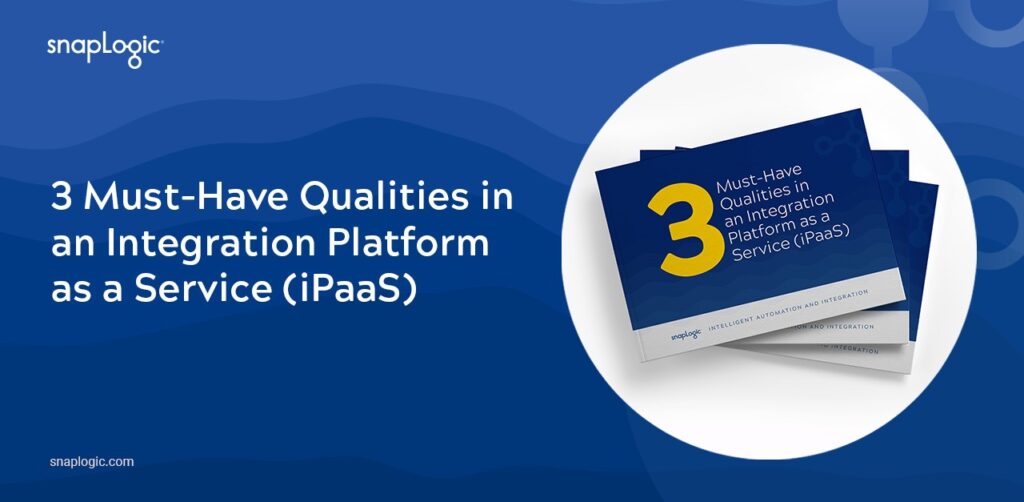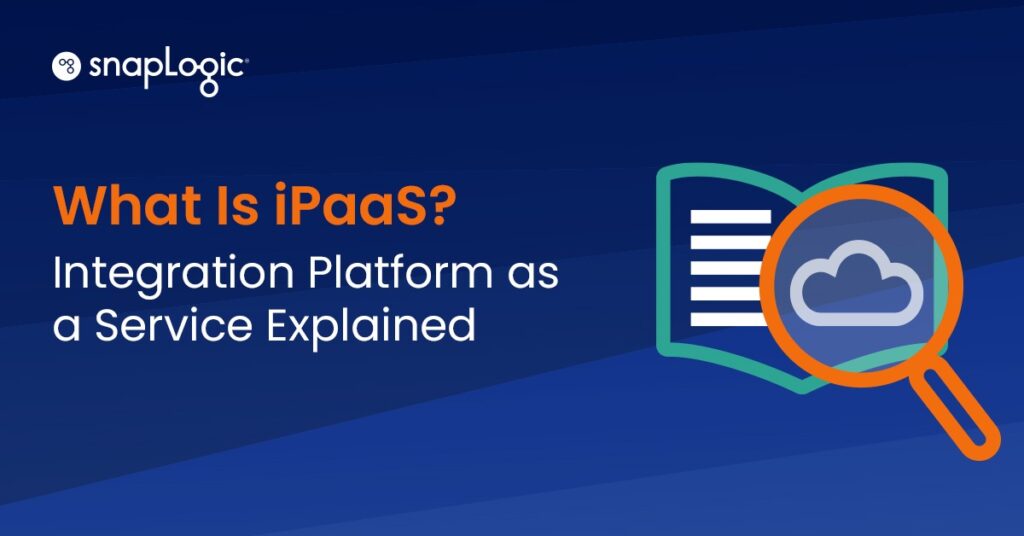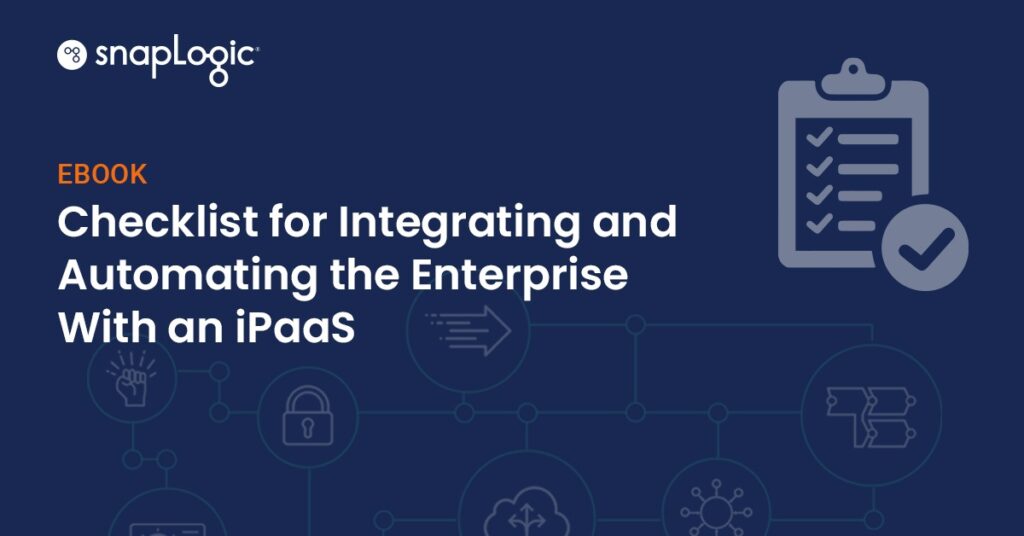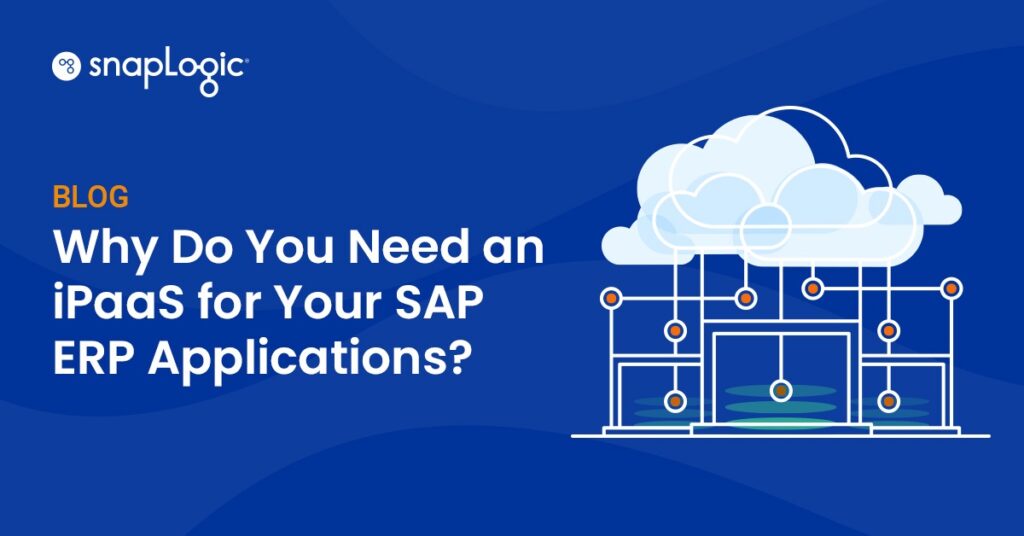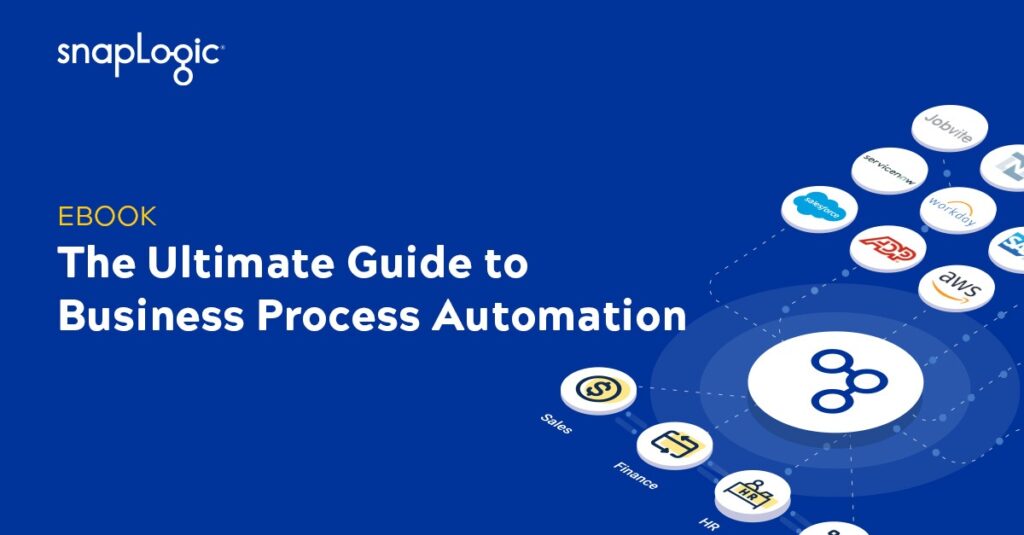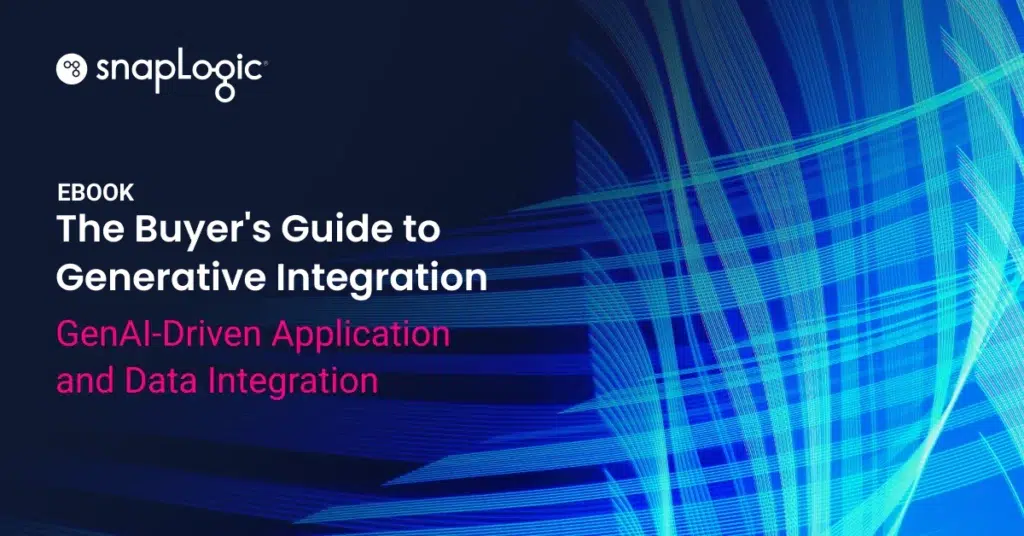An Integration Platform as a Service, or iPaaS, is a powerful cloud-based system designed to connect software applications from various environments. This includes devices, IoT, applications, and more.
But what does iPaaS stand for, and how does it differ from SaaS? Let’s delve into these questions and more.

What is an Integration Platform as a Service (iPaaS)?
iPaaS is a cloud-based integration system that seamlessly connects software applications from different environments. It’s a platform that facilitates the integration of data and applications, whether they’re located on-site or in the cloud. This makes iPaaS particularly beneficial for B2B enterprises that need to connect data and applications across various locations.
Built-in features of iPaaS include several maps/transformations and the added ability to directly control the quality of data that it receives and outputs. This ensures that the data being processed is accurate, reliable, and ready for analysis or other business operations.
What does iPaaS stand for?
iPaaS stands for Integration Platform as a Service. It’s a term used to describe cloud-based solutions that facilitate the integration of data, applications, and processes. iPaaS solutions are designed to be highly scalable, making them an ideal choice for businesses of all sizes. They provide a unified platform for managing various integration tasks, making it easier for businesses to streamline their operations and improve efficiency.
What is the difference between iPaaS and SaaS?
While both iPaaS and SaaS (Software as a Service) are cloud-based solutions, they serve different purposes. SaaS provides users with access to a software application over the internet, eliminating the need for businesses to install and run applications on their own computers or data centers. This can save businesses time and money on hardware, software, and personnel costs.
On the other hand, iPaaS is a platform that facilitates the integration of data and applications across various environments. It’s designed to help businesses connect their disparate systems and streamline their data management processes. While SaaS focuses on providing software services, iPaaS focuses on integrating those services and ensuring they work seamlessly together.
Why choose iPaaS?
Cloud-based integration systems like iPaaS are highly desirable, in part because they are highly scalable. They work particularly well for B2B enterprises that need to connect data and applications that are both on-site and cloud-based. As with most cloud-based technology, updates and maintenance are simplified, reducing the burden on IT teams and allowing businesses to focus on their core operations.
To learn more about iPaaS and how it can benefit your business, check out our detailed post on what is iPaaS and explore our application integration solutions.




